Chinese experts criticise Piyush Goyal’s remark 'opportunity of a lifetime' on US tariffs
- In Reports
- 02:11 PM, Apr 10, 2025
- Myind Staff
Chinese experts have criticised Indian Commerce Minister Piyush Goyal’s remarks, where he referred to the US' reciprocal tariffs as an "opportunity of a lifetime" and held China responsible for the current global economic instability. According to analysts, India’s willingness to make concessions could backfire, encouraging the US to push for even more significant compromises from India to narrow the trade gap between the two countries. Speaking at the India Global Forum in Mumbai, India's Commerce Minister Piyush Goyal said, "We stand at a moment in history where India is well poised to convert the current situation into an opportunity." He emphasised the moment's significance, adding, "We have an opportunity of a lifetime," according to Bloomberg.
Goyal, in his statement, held China’s entry into the World Trade Organisation nearly 25 years ago responsible for the current instability in the global economy. "If somebody was to ask me what would be the trigger point of where we are today and why we are going through this churn, the starting point of this actually goes to the beginning of 2000 when China was admitted as a member of the WTO," Goyal said. Long Xingchun, a professor at the School of International Relations at Sichuan International Studies University, told the Global Times, "The Indian minister, by shifting all the blame onto China, is trying to gain exemptions from the US."
Xie Chao, an assistant professor specialising in Indian studies at Tsinghua University, told the Global Times that Goyal’s comments reflect an opportunistic approach, trying to strike trade deals with the US while also looking to benefit from the ongoing rivalry between the US and China. According to Xie, the Indian leader’s remarks seem aimed at aligning with US narratives that criticise China, likely in an attempt to win favour with the Trump administration and strengthen India’s position in upcoming trade talks with Washington, long-term trade imbalance issues between the US and India. He noted that although Trump often criticises India publicly, expecting special exemptions from the US is unrealistic. Just last week, Washington imposed a 26 per cent tariff on goods imported from India.
In response to the US imposing reciprocal tariffs, some countries have hit back by placing extra tariffs on American products, further fuelling trade tensions. However, India has chosen not to take such retaliatory steps, as both nations are currently engaged in discussions to finalise a trade agreement, according to NDTV.
Speaking about the effects of US tariffs, Goyal offered reassurance by saying, "We had a series of engagements, all of which are going in the right direction. We are covering a wide area of subjects and products. I can assure businesspeople across the country that we are keeping India's best interests at the forefront..."
Based on how the US has reacted strongly to similar situations with countries like Vietnam and the EU, Xie believes India’s willingness to make concessions could lead the Trump administration to push for even bigger compromises to reduce the trade imbalance, increasing the tariff pressure on India.
Outwardly, India maintains that it can manage the situation and even sees it as a chance to grow. However, according to a Chinese expert, the country will likely face serious challenges as tariffs rise. While Commerce Minister Goyal has downplayed the immediate economic impact, analysts expect the tariffs could slow growth by 20 to 40 basis points, Bloomberg reported. Xie also suggested that India appears to be trying to use the ongoing US-China rivalry to its advantage.
Long believes that even if China and the US face trade barriers and steep tariffs, India won't be able to step in and fill the gap left by China. He pointed out that India's manufacturing sector isn't strong enough, has high production costs, and still depends heavily on Chinese supply chains. In response to the US imposing reciprocal tariffs, a Chinese Embassy spokesperson in India, Yu Jing, urged India to join hands with China in dealing with these challenges.
Posting on X this Tuesday, Yu said that the US is misusing tariffs in a way that harms the development rights of many nations, especially those in the Global South. She emphasised that India and China should work together to overcome this challenging situation as the two biggest developing countries. She added that trade wars and tariff disputes help no one. Instead, countries should support open dialogue and genuine multilateral cooperation and resist all unilateral and protectionist policies.



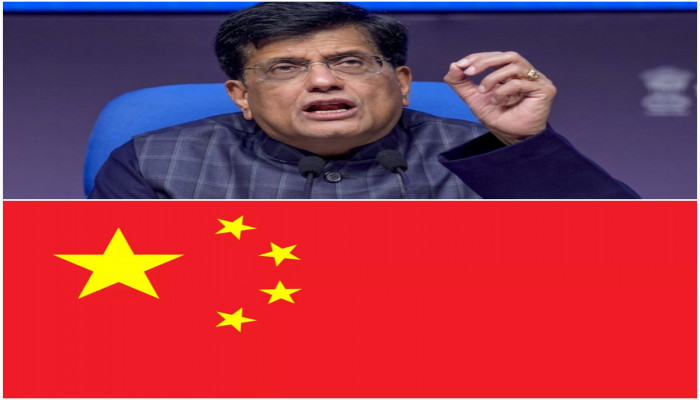




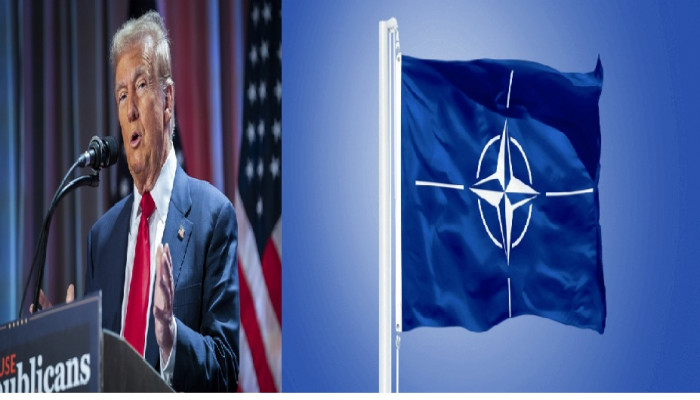
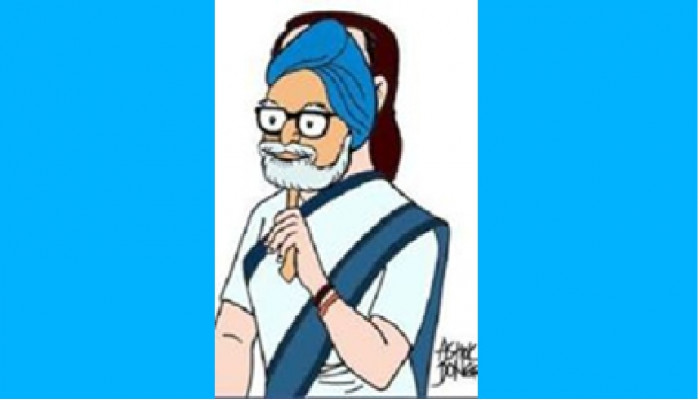
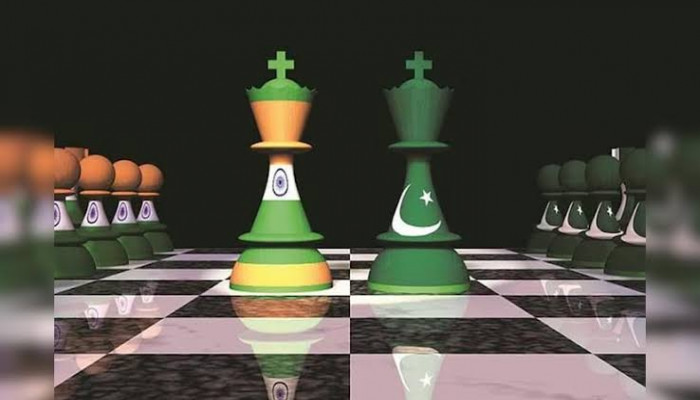
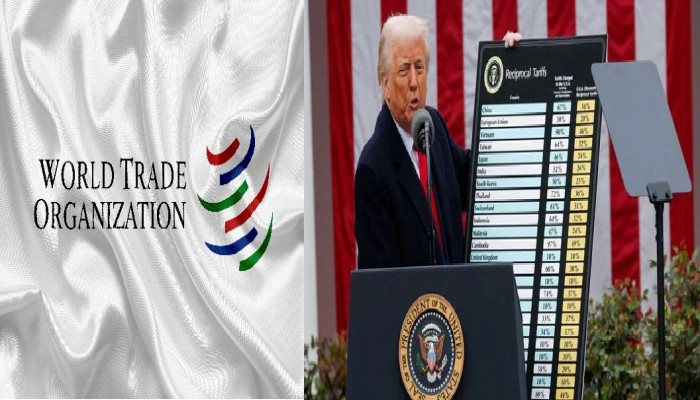










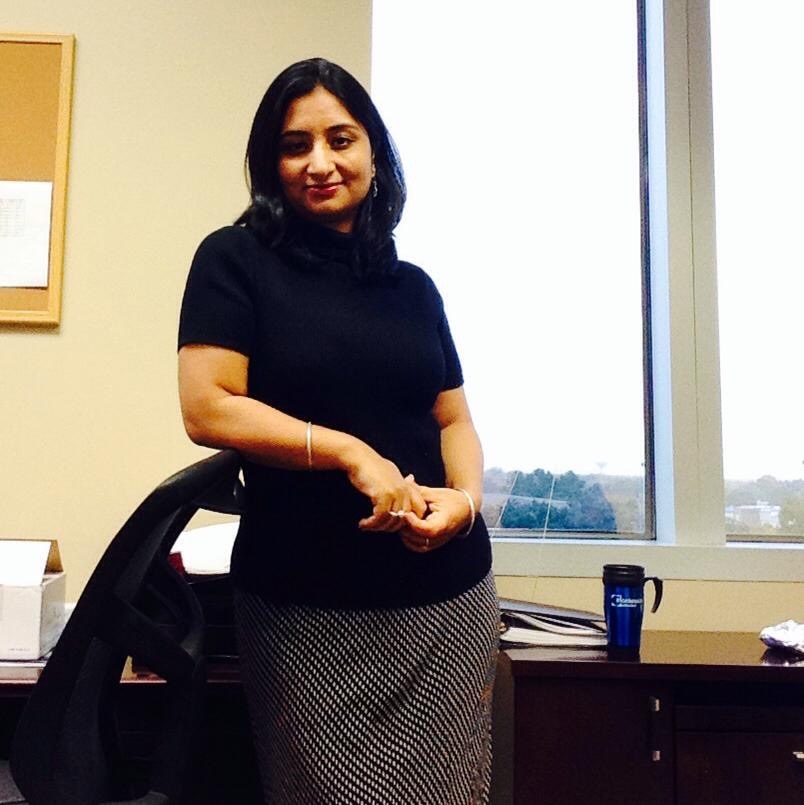
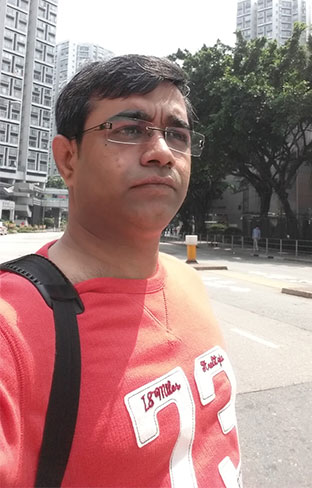



Comments